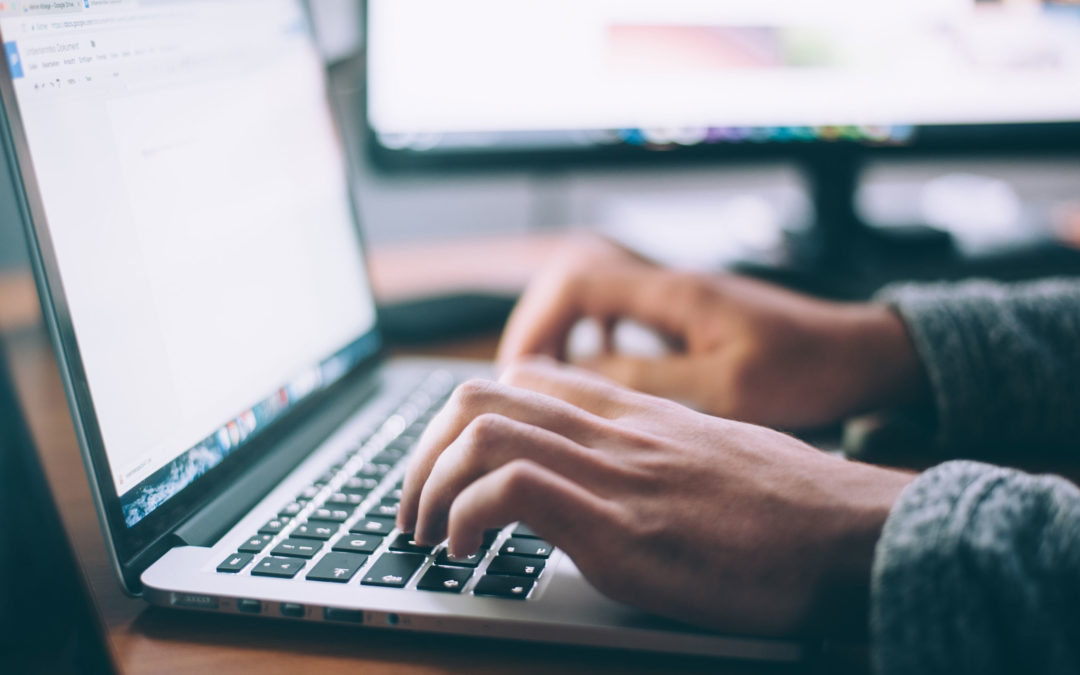In this day and age, email is one of those necessary evils. There is constant chatter about how much of a time water Social Media is, but let’s not forget how emails can suck the life and time from your day. Often, it’s our emails that make us feel like we’re struggling to keep our heads above water.
Do you begin every day reading email? Maybe before you even get out of bed? Do you plan to reply to the most important ones, only to realize halfway through the day that you got buried in other emails or, worse you responded in your head but never actually typed it out?
With a few very simple organizational tricks, you can be more efficient with email. Some of these tips utilize functions found in most email programs, but many of them are ways that you can change your own habits to affect your email workflow. They restructure how you use different email functions, adding a little bit of foresight so that when it comes time to delete and archive messages, you’ve already done much of the hard work. Yep, that sums up our relationships with our email inboxes pretty much.
A couple years ago, there was a big push for “Inbox Zero.” The theory being not only do you leave 100, 300 or 1000 messages in your inbox but part of your personal brain power stays there with them. So, the push started to get the emails in your Inbox down to zero and filing away any and every message so they were out of sight and out of mind.
I don’t know about you but for me the idea of archiving everything away is a nearly impossible and scary experience. Plus I envision many midnight hours attempting to clear the box before I can get some sleep.
Pick a Number, Any Number
Pick a reasonable, manageable number that you are comfortable with. For me, it’s any number under 100. Everything left in my Inbox is my virtual to-do list…follow-up, reply, track or think about. Within the elite 100 are messages that are important enough that I can’t file them away, not yet anyway.
Delete First and Last
One of our worst habits is hanging onto emails that we think we might read when we have time (who are we kidding), we think we may act on, or just because. Learn to delete.
First thing every day – delete unnecessary messages without even opening them. Most of the messages are auto-alerts or ads. It’s obvious from the subject line if they require action on your part. If by chance later in the day, you realize you needed a message, you can still retrieve it from the trash bin as long as it hasn’t been emptied. If you can delete even 10 percent of your daily incoming mail, you’ll be in much better shape to start your day productively.
Then once a week or once a month, take time to unsubscribe from any ongoing junk. Remember, if you really want to buy something, you know your favorite stores – you don’t need daily emails reminding you…helps with Inbox clutter and the budget.
Set Up Folders
Use your email program to your best advantage. Folders are crucial. When you are ready to clean out your inbox, order the emails by who they are from or subject. Group and drag them into a file. Makes for quick cleaning.
Categorize Everything – employees, vendors, customers, business emails, purchase, etc. You can create main categories and then build out subfolders, even with month/year. Make it work for you.
Use Rules
Outlook, and maybe some other email programs, has the great feature of setting up rules around certain criteria. Create rules where emails bypass your Inbox and go directly to a folder. Great for newsletters, receipts, banking info, facebook (not that you use that) and Amazon. Keeps down the clutter.
Close Your Email
When you need to focus, close your email. I know – shocking! There is anything that can’t wait an hour. If the building in on file – they won’t be emailing. Statistics show the most successful people only check email at the beginning and end of their day – not throughout. And, guess what – people will wait for their reply.
If you really concerned about those missed emails while the program is closed, set up an auto-reply letting folks know for urgent matters to call you or an assistant.
Respond Quickly
If you keep emails in your Inbox too long, you most likely are never going to reply, so either reply or file it away. Even if it’s into a “Someday when I have time” folder.
Keep it Brief
Keep it short. Respond in clear, concise language. Leave the fluff behind – no one has time for that stuff. While there are situations where detail is required (think lawyers, contracts, and business clarification), save the personal chit chat for meeting in person. If you think you may be coming across too terse, a quick smiley face goes a long way in setting the tone.
Empty your trash last
Empty the trash either once a week or so. Don’t empty it too often unless you need to for storage space. It’s a nice safety net to have the trash bin as you are learning to delete those emails!
Today’s tips are pretty generic, but just a little time per day spent on organizing can go a long way from drowning in the deep end of electronic mail. Have ideas we didn’t share? We’d love to hear your thoughts.


